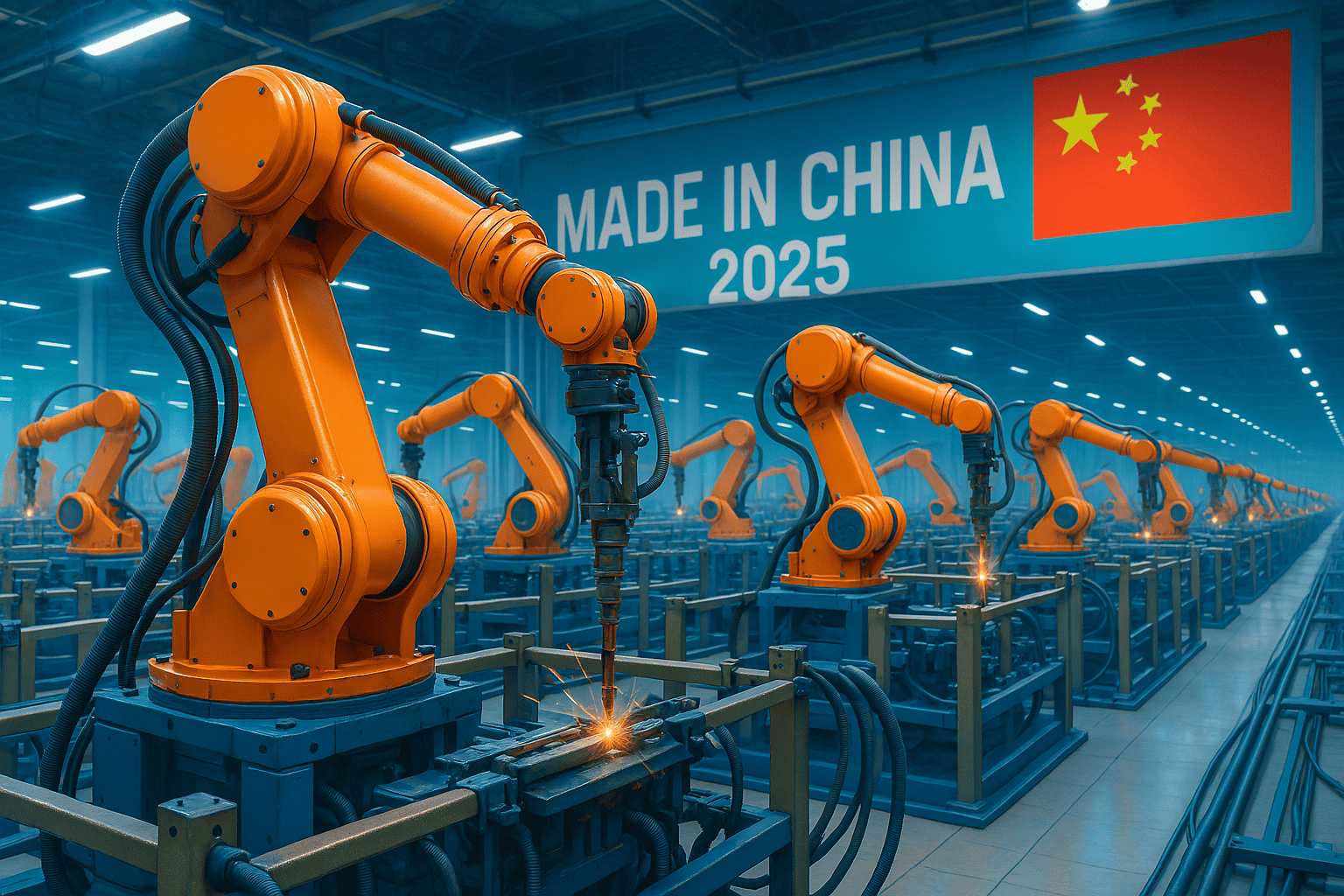About 460,000 companies closed in the first quarter.March passenger car sales fell 40.8 percent from a year earlier to 1.08 million units.Travel bookings for the three-day weekend at the beginning of April were up 50 percent over the previous weekend.
A Luckin Coffee store in SuzhouCredit: Shwangtianyuan, CC BY-SA 4.0
Quote of the Week
The uncertainties and challenges of China’s foreign trade have increased significantly. A great many companies face cancellations of exist




